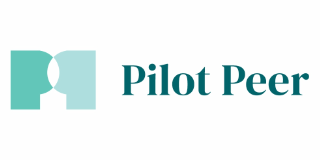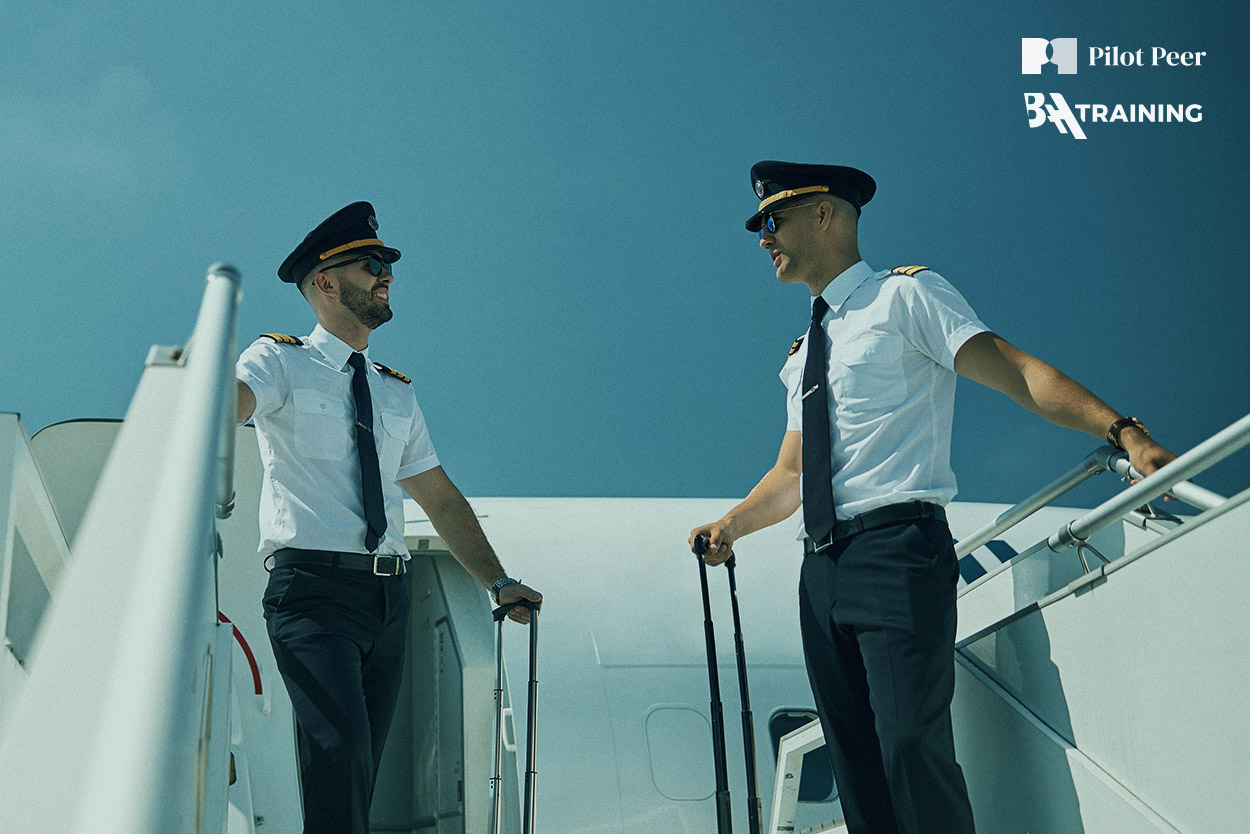Dr. Ries Simons from the European Society of Aerospace Medicine said: “After extensive research and surveys, it has been proved beyond doubt that pilots are, in fact, only human.” Although pilots are often seen as “superhumans” who can cope with anything and remain calm and resilient to stressors, in reality, they can also suffer from various kinds of problems, just like other people. The Pilot Peer Support (PPSP) program aims to provide pilots with the tools and support needed to restore their mental well-being. At the heart of the program are trained pilot peers ready to help in a confidential and non-punitive way.
The link between Pilot Mental Health and Accidents
Pilots bear an enormous amount of responsibility in their work as the lives of passengers they carry are literally “in their hands.” Therefore, neglected or not timely addressed mental health issues pilots face may impose an uttermost risk on flight safety.
On 24 March 2015, Germanwings Flight 9525 crashed in the French Alps, killing all the passengers and flight crew. The investigation later revealed that the crash was deliberately caused by the co-pilot, who had suffered from depression and had had suicidal thoughts without making his employer aware of his mental troubles. Since 1982, of around 1,500 deadly accidents involving commercial airliners, eight were on purpose caused by pilots.
These rare but high-profile events prompted the regulators to work out a disaster prevention strategy and pay attention to a bigger picture of pilot mental well-being.
What is Pilot Peer Support?
Research shows that pilots can be reluctant to talk about their inner state. Sometimes they do not open up due to fear of losing their licence, reputation and the life they have been building for so long. However, pilot peers can offer “a safe zone” as they work under strict confidentiality conditions and are independent of the management of the pilot in question.
EASA provides the following peer definition: “a trained person who shares common professional qualifications and experience, and has encountered similar situations, problems or conditions with the person seeking assistance from a support programme. This may or may not be a person working in the same organisation as the person seeking assistance from the support programme.”
They are good at listening in a non-judgmental fashion and not being pushy, allowing the pilots to arrive at the correct decision-making themselves. Peer volunteers are thoroughly trained before they take up their responsibilities. They are supervised by a Support Program Manager and have access to a Mental Health Professional throughout their work. However, they by no means can decide whether a pilot who seeks help is fit to fly. Also, the peers cannot disclose the information they hear during one-on-one meetings to anyone except for very rare cases when the safety of pilots or others is in immediate danger.
When to seek help from a peer
It is important to note that the “psychological issues” mentioned above might not necessarily be work-related or very extreme. On the contrary, anything that bothers a pilot about their behavioral patterns, feelings, thoughts, and challenges they are exposed to and their ability to tackle them is worth being raised.
Since 2015, The Lived Experience of a Pilot research team at Trinity College Dublin has produced a simplified visual depiction of their findings that shows possible pilot stress factors and their physical, mental and social health outcomes.

As you can see, the net of potential issues a pilot might experience is immense. Regardless of which part of this graph a pilot who needs help associates themselves with, they are invited to enter PPSP and share the load. The above is for the illustration purpose only since everyone may have their individual concerns or go through a change in life, such as illness, bereavement, marital, family difficulties, etc. No matter the cause of the disruptive thoughts – a conversation with a pilot peer who is “in the same boat” can help overcome or at least ease the tension.
Benefits of PPSP for pilots and organizations
The PPSP offers an opportunity for European airlines to create a system where their staff could seek help without triggering any formal performance process. This way, they can maintain crews if and after they successfully went through treatment instead of hiring and training new ones. Moreover, they can save money by having lower sick rates and absenteeism while keeping pilots motivated to face their problems and take action instead of hiding them. Last but not least, it is a way to demonstrate to the employees that an airline “not only takes but also gives “because it realizes and appreciates the scope of duties on a pilot’s table.
From a pilot’s perspective, when they go through challenging times, it is essential to know where to seek help and counseling and, if needed, treatment and rehabilitation. When an employer offers a PPSP, a pilot can eventually find out they are not alone with their struggles much quicker. It, in turn, has a curing effect and can positively impact the way a pilot continues to manage their entire life.
EASA Regulation on PPSP
In 2016, the European Union Aviation Safety Agency (EASA) proposed to make PPSP mandatory for all European operators under its oversight. In July 2018, EASA issued Regulation (EU) 2018/1042, now (EU) 2020/745, which required all Commercial Air Transport (CAT) operators to implement a Support Program (SP) by 14 February 2021. The idea is to encourage them to self-refer any psychological issues before they reach a critical point.
Bottom Line
The Peer Support Program is not a sneaky way to identify those who have mental problems and get them excluded from rosters. After the Germanwings crash, the regulators have concluded that fear of losing a licence can be central to concealing vital information. Therefore, they are actively creating a non-threatening environment where peers could guide pilots to identifying the root cause of their problems with no severe consequences to follow after reporting the issue.
The EASA ED Decision Guidance Material talks about “an efficient communication system that promotes the benefits of the support programme, such as its positive impacts, temporary relief from duties without fear of dismissal, management of risks resulting from fear of loss of licence.”



